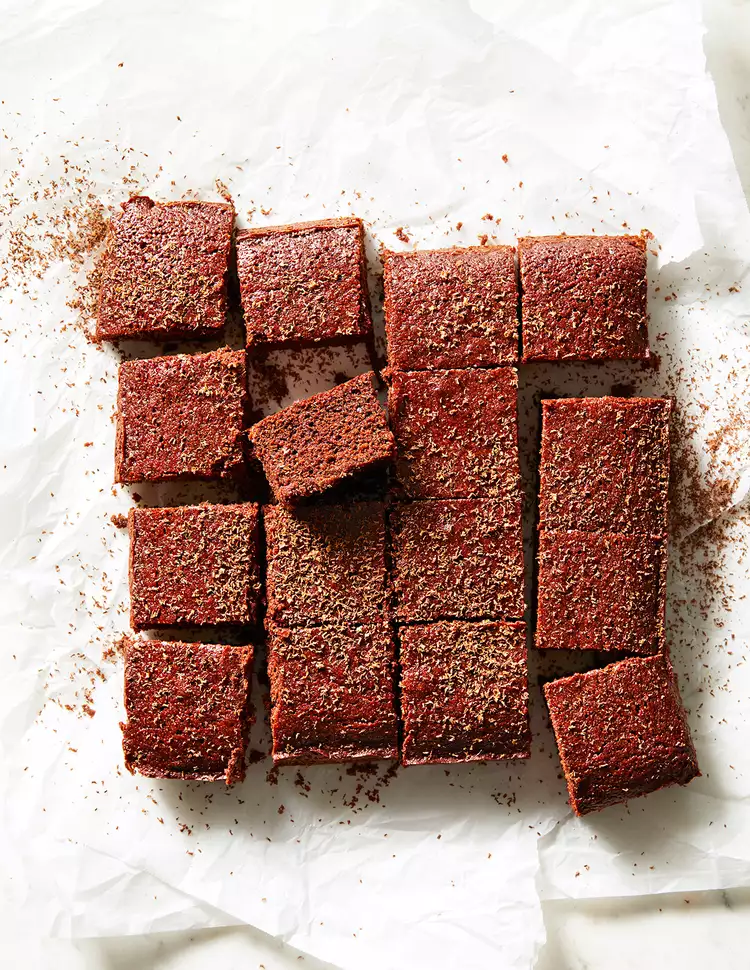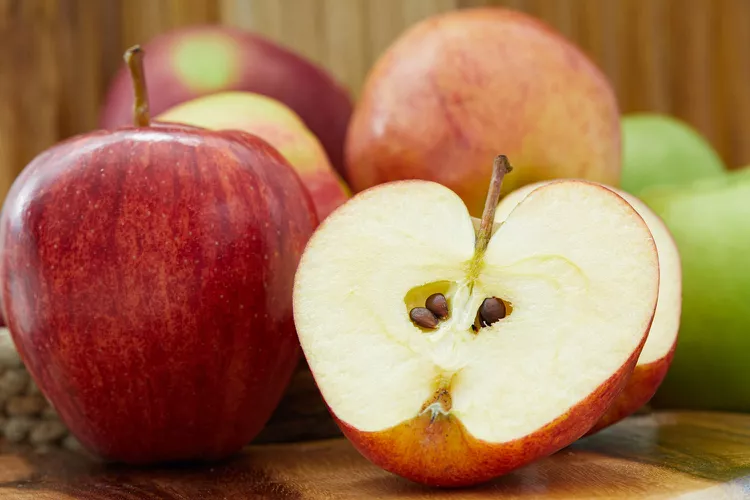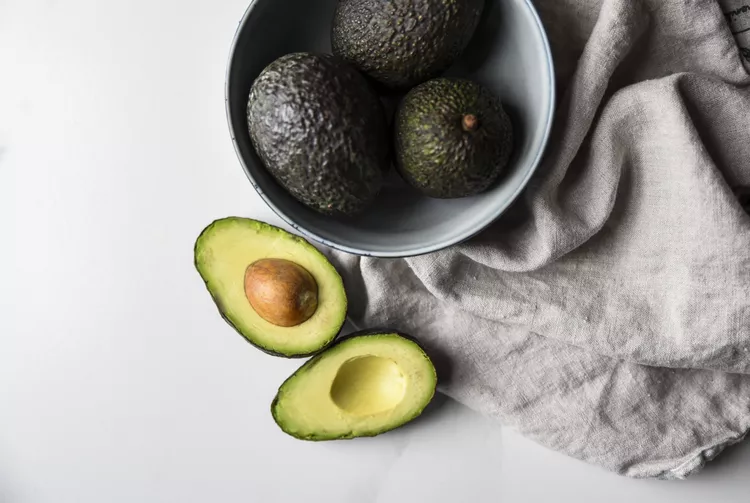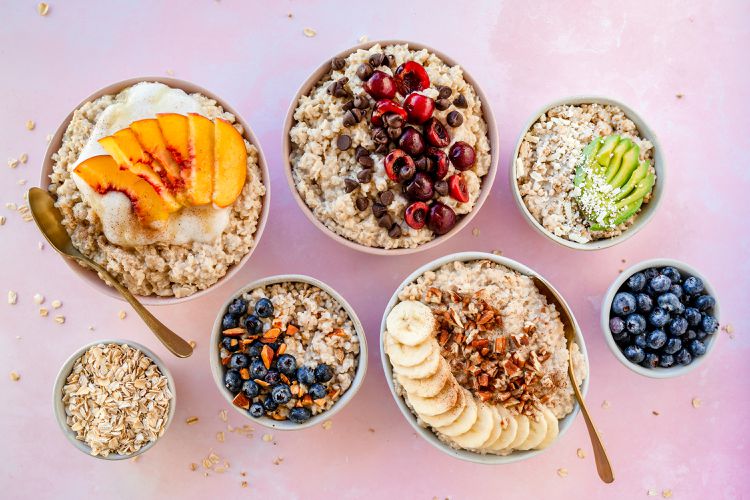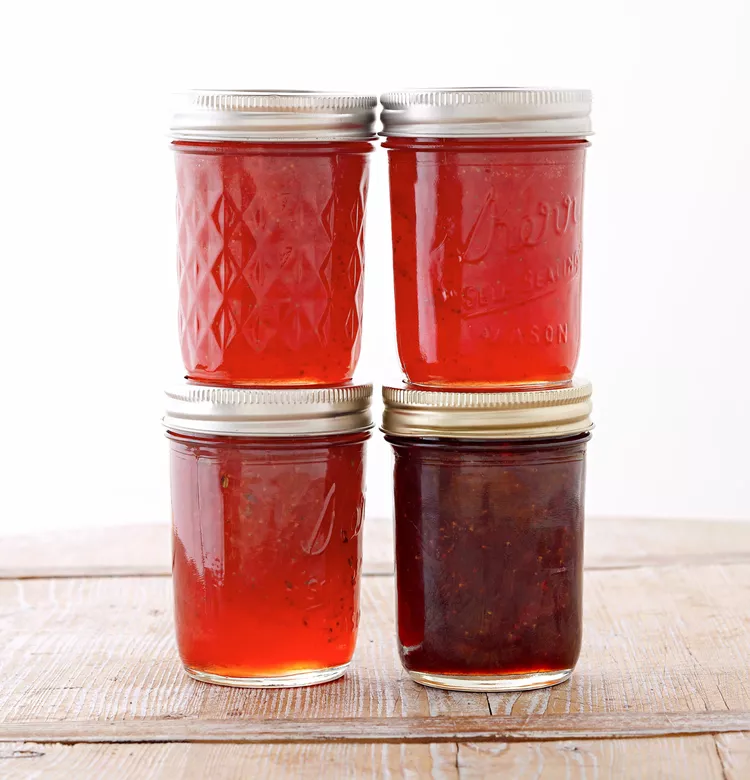Grocery stores today offer a wide range of gluten-free options, including those made with cassava flour. This ingredient, often referred to as kuh-saa-vuh, is gaining popularity due to its unique properties. Cassava, or yuca root, is a starchy tuberous root commonly found in South American, African, and Asian cuisines, and can even be enjoyed as a healthier alternative to fries. When dried and ground, cassava flour emerges as a versatile gluten-free flour substitute that boasts a neutral flavor and similar binding qualities to wheat flour.
Understanding Cassava Flour
Cassava flour is derived from the whole cassava root, which is peeled, dried, and ground into a fine powder. Its mild flavor makes it an ideal neutral-flavored substitute for gluten-free baking, and its ability to bind ingredients similarly to wheat flour makes it a valuable ingredient in gluten-free recipes.
Test Kitchen Tip: When purchasing cassava roots, avoid consuming them raw as they contain cyanogenic glycosides, which can be toxic. However, cassava flour is safe for consumption as it has undergone processing that removes any dangerous traces of toxins.
Using Cassava Flour in Recipes
How to Incorporate Cassava Flour
When experimenting with cassava flour, it's important to note that it tends to absorb liquid more than other flours. This means that substituting it for wheat flour in recipes may require adjustments. For instance, when using cassava flour in a recipe like chocolate chip cookies, you might need to use a little less flour than the amount called for in the recipe.
Cassava flour can be used in its entirety or mixed with other gluten-free flours to achieve the desired texture. Consider using cassava flour in recipes specifically designed for it, such as brownies or cassava pancakes, or opt for a gluten-free flour blend that is suitable for a 1:1 cup equivalent to all-purpose flour.
Distinguishing Cassava Flour from Tapioca Flour
Cassava Flour vs. Tapioca Flour
Cassava flour is not the same as tapioca flour, which is derived from the cassava root but undergoes additional processing. Tapioca flour is extracted specifically from the starchy part of the root, making it distinct from cassava flour in terms of its preparation and usage.
Cassava Flour Nutrition
Nutritional Benefits of Cassava Flour
While cassava flour is a valuable ingredient for those with gluten sensitivities, it's important to note that it may not be the healthiest choice for everyone's diet. Cassava is a good source of fiber when consumed in moderation, and it contains resistant starch, which can promote beneficial gut bacteria.
Cassava Flour vs. All-Purpose Flour
When comparing the nutritional facts of cassava flour to all-purpose flour, it's evident that cassava flour offers a different nutritional profile. For instance, a 1/4 cup serving of all-purpose flour contains approximately 110 calories, 23 g carbs, 0 g fat, 3 g fiber, and 1 g of protein.
- 440 calories
- 23 g carbs
- 0 g fat
- 1 g fiber
- 3 g protein
Where to Find Cassava Flour
Locating Cassava Flour
Cassava flour can be found in the health food section of larger supermarkets, at specialty health food stores, or online. Popular brands among our Test Kitchen include
Bob’s Red Mill and
Otto’s Naturals.
Overall, cassava flour and products made from it, such as pasta or chips, are worth keeping in your pantry if you're sensitive to gluten, grain-free, or following a paleo diet.
